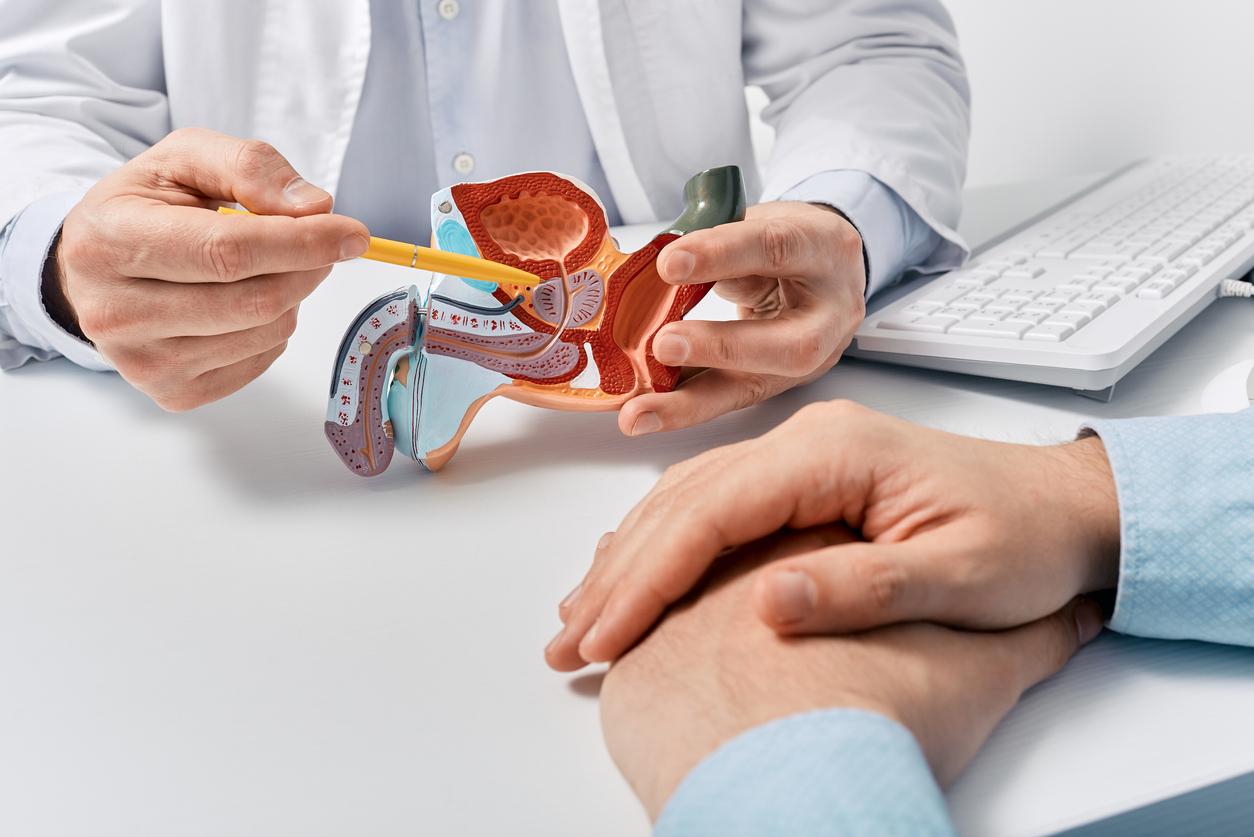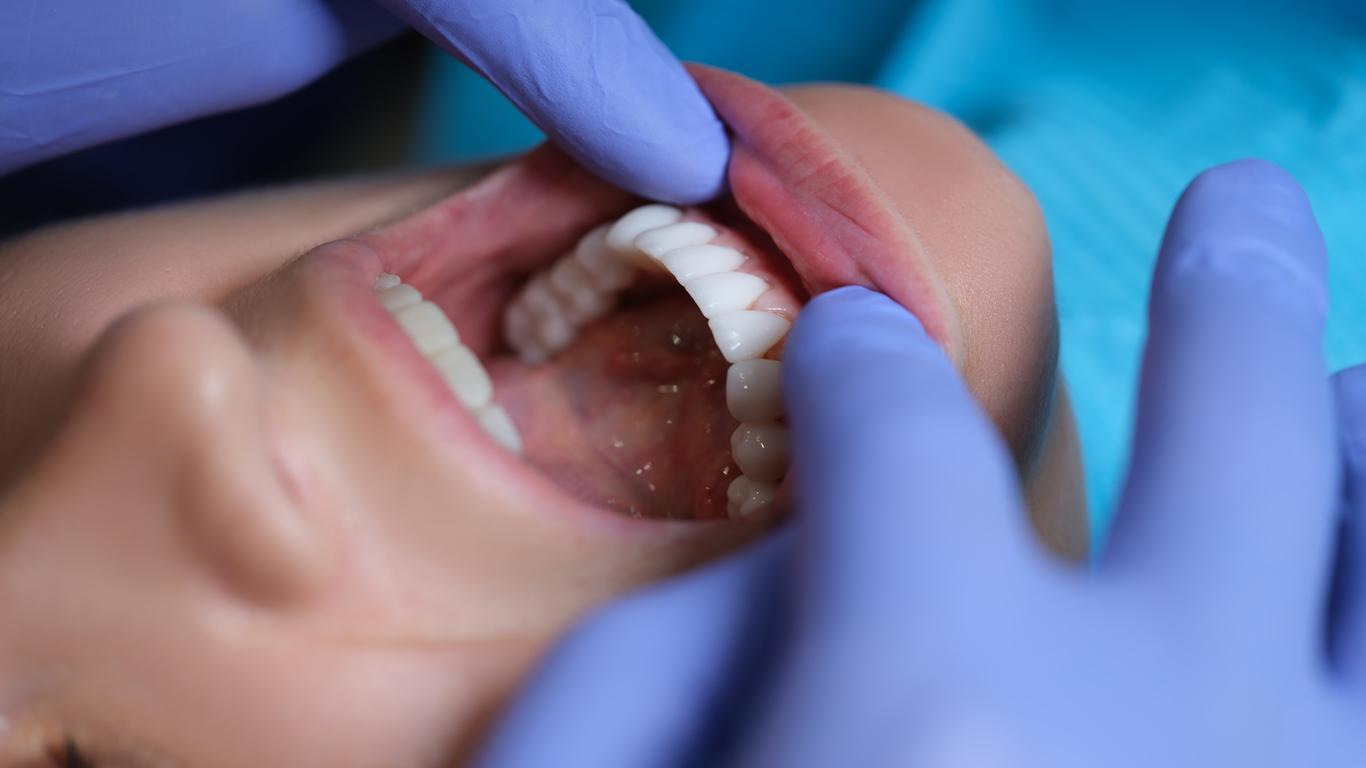Vasectomy is a method of male sterilization which is gaining more and more followers in France. Operating procedure, complications, possible flashback… We go over the questions with Dr François-Xavier MADEC, urological surgeon at Foch Hospital (Suresnes).

More and more French people are resorting to vasectomies, with an annual rate multiplied by 15 between 2010 and 2022, according to the study carried out by EPI-PHAREwhile the rate of female sterilization has been halved. And for the first time in 2021 and 2022, there were more male sterilizations than female sterilizations with a rate of three to two.
Why Doctor: What is a vasectomy?
Dr François-Xavier MADEC, urological surgeon at Foch Hospital: Vasectomy is a definitive method of male contraception. It consists of ligating the vas deferens, these small tubes which transport sperm from the testicles to the genital crossroads (prostate and seminal vesicles). This procedure prevents sperm from mixing with semen during ejaculation.
How long does it take to obtain this contraception?
A legal reflection period of 4 months is mandatory before the operation.
“Vasectomy is today most often carried out under local anesthesia with a return home within a few hours.”
Once this period has passed, how does the surgical procedure take place?
Vasectomy is today most often carried out under local anesthesia with a return home within a few hours. The “scalpel-free” technique is preferred because it reduces the risk of complications (hematomas, infections, pain). It consists of one or two small incisions less than 10 mm at the level of the scrotum, followed by minimal dissection of the vas deferens. The most effective occlusion methods combine coagulation of the vas deferens, fascia interposition, and excision-ligation of the vas, offering a very low risk of failure. This approach guarantees rapid, effective and well-tolerated intervention.
“You have to wait around 3 months and 30 ejaculations, confirmed by a test for the absence of sperm.”
And what are the results after the operation?
Very effective, vasectomy has a failure rate of less than 0.6%, but its contraceptive effect is not immediate: you have to wait around 3 months and 30 ejaculations, confirmed by a test for the absence of sperm. It has no impact on sexuality or general health. Minor complications (1 to 2%: infections, pain, hematomas) are rare. Sperm conservation can be discussed before the procedure.
If regrets arise, what solutions are there for patients who would like to regain their fertility?
Vasectomy, increasingly popular in France (10,000 procedures in 2019 compared to 30,000 in 2022), remains a definitive method of contraception. But for the 6 to 7% of men who regret it, three solutions are available to them to regain a chance of fertility:
- reconstructive surgery: either vasovasostomy (reconnection of the vas deferens), or vaso-epididymostomy (reconnection with the epididymis), depending on the anatomical condition;
- medically assisted procreation (MAP): if the sperm was cryopreserved before the procedure;
- IVF-ICSI: with direct extraction of sperm from the testicles for in vitro fertilization.
These options make it possible to offer a solution adapted to each situation.
Reconstructive surgery: “a reversion carried out within the first 3 years offers the best results”
What factors influence the success of reconstructive surgery?
Vasovasostomy or vasoepididymostomy is the only method allowing spontaneous pregnancy without resorting to medically assisted procreation (MAP) after vasectomy. This procedure, carried out under general anesthesia and a microscope, aims to restore the permeability of the vas deferens using very fine sutures. The operation lasts 2 to 3 hours and is performed on an outpatient basis, allowing for discharge the same day. Success is measured by the presence of sperm in the semen (60 to 90%) and by the rate of natural pregnancies obtained (40 to 70%). The time since the vasectomy is a key factor: a reversion carried out within the first 3 years offers the best results. Other elements influence success, notably the age and fertility of the partner, the quality of the testicles (size, consistency) and the absence of varicocele. [une dilatation des veines du testicule, ndlr].
















